Okay listen, the word ‘neurodiversity’ wasn’t even invented until 1998, and since then we seem to have had **quite** the explosion of our understanding of ourselves. There’s recently been a huge rush of everyone realising they might have [whatever]. And I don’t think it’s bandwagon-ing – it seems an explosion of (1) better testing criteria, and (2) fresh interest in figuring ourselves out. The question is not “How do we fix neurdiversity?” (which would be an extremely Eugenic standpoint …), but “How did we ignore this for so long?!”
Just so we’re on the same first page, here’s neurodiversity boiled down to an extremely tiny list:
- Everyone’s different. (“We’re all geniuses”, says Einstein. EINSTEIN. Einstein though. Mr Big Brain himself.) The best tribes that survived to procreate were the most diverse ones, for a zillion different reasons you can probably guess if you put a tiny bit of thought into it
- Society may think it’s a linear spectrum, but even just within ADHD itself, there’s entire 3D spectra because we are all so different in how we perceive and journey through reality – there simply is not a ‘normal’ way of being (see Stephen Fry’s excellent description of normal)
- In basic terms, ADHD tends towards: new stuff, adrenaline-based decisions, bad working memory, rapid thinking, amygdala-based decisions, MORE DIFFERENT INPUT GO GO GO
- In basic terms, Autism tends towards: familiar stuff, repetition, locking-in on subjects, often poor verbal communication, different ways of communicating emotion, taking statements literally, MORE FAMILIAR INPUT
- In basic terms, Dyslexia and Dysgraphia and Dyspraxia relate to how we connect with patterns and physical space, and although many people have trouble with reading/writing – they tend to be very good at other pattern recognition (indeed GCHQ the UK intelligence agency specifically employ people for Dyslexia. 40% of Millionaires have Dyslexia …)
- You can have both Autism and ADHD tendencies (aka AuDHD), meaning there’s a bit of a battleground inside your head. Yay.
- In fact you can have smatterings of tendencies from anywhere in any spectrums, and that can be amazing, or suck, in equal measure. Some (particularly ADHD) tendencies can be medicated if you want to, some can’t.
Without going into too many personal details, let’s just say that discussions around neurodiversity are important to me. And the topic has always been there in my comics, whether it’s people taking statements literally …
… or struggling with verbal communication …
… or trying and failing to fit in with ‘normal’ people …
… or dealing with overwhelming emotional input while at the shops, and having a bit of a breakdown …
… I’ve always wanted that voice for those misunderstood, bullied, unheard people in my comics. Because I suppose that’s part of my own story. And the more I look for it, the more I see it in media/stories all over the place. You know, the old cliche of a misunderstood loser turning out, in fact, to be a bit of a legend at something …
… anyway, you all spotted the neurodiversity references in my comics, I’m sure. I didn’t really, until the last few years. Ahhhhem. But yeah, it turns out I’d been writing about it all the time anyway … kudos for subconscious consistency I guess!
No doubt my readers will have had their suspicions about me as an author – I mean after all I do seem to be one of the more prolific comic content creators out there.
So why is it that some humans create absurd amounts of stuff, anyway? Archimedes was famously so obsessed with pulleys/gears systems, that he was killed for ignoring a Roman Soldier and refusing to stop drawing circles in the sand. Picasso famously created over 50,000 works of art. FIFTY. THOUSAND. Mozart wrote more music than all of Spotify before he was three years old … or something like that. Pythagoras spent a reasonable amount of time living in a cave and drawing triangles over and over and over again. Edison patented thousands of contraptions and slept under his Lab table. Barbara Cartland wrote 740 novels, and had 160 sitting there unpublished when she died. That’s not … a regular amount of writing. That is Locking. In.
Anyway, I’m not saying I’m a genius because I can lock in, I’m saying we all are geniuses because we are all freaking nuts. If that wasn’t the case, you wouldn’t relate to what I’ve always been saying, and so you wouldn’t be reading this. And I know you are, because the stats on my comics are insane, and the stats on my blog are pretty damn healthy too. And I’ve never overtly spoken about neurodiversity before.
I’ve been talking to my friends about neurodiversity for some years, its always a good topic. Interesting thing is, we all have our biases when it comes to disabilities, I suppose the question is how do we respond if we were to discover we ourselves had that particular ‘disability’? I suppose the test for any internalised ableism is; if you were to discover you were in fact Autistic (for example), would you have a problem with that? Or would it be interesting/great news? If you randomly got diagnosed with ADHD … would that be bad? I think it’s worth us all thinking about, because there are some issues:
- Disproportionate amount of people in prison have ADHD. Like 25% or something
- Women with Autism are 8 times more likely to commit suicide than neurotypical women
- People with Dyslexia, ADHD or ASD are much more likely to suffer from depression
- The list goes on – people struggling to ‘fit in’ having a tough time
- eg sidequest champions (ADHDers) also very often struggle with substance abuse …
- Anxiety …
And I know labels are bad, and I know the ‘D’s in ADHD aren’t exactly complements … (that label will change soon I’m sure) … but how do we notice and talk about our wonderful, world-changing, explosive, extraordinary difference, without dishonouring ourselves or each other, eh?
Perhaps we could start by being as self-aware as possible. Take an in-depth adhd test, or an ASD test. I mean why not, right?
So where’s your brain at, chief?
Where’s your noggin at, tiger?
What’s goin on in that little sphere o’wonder eh, sport?


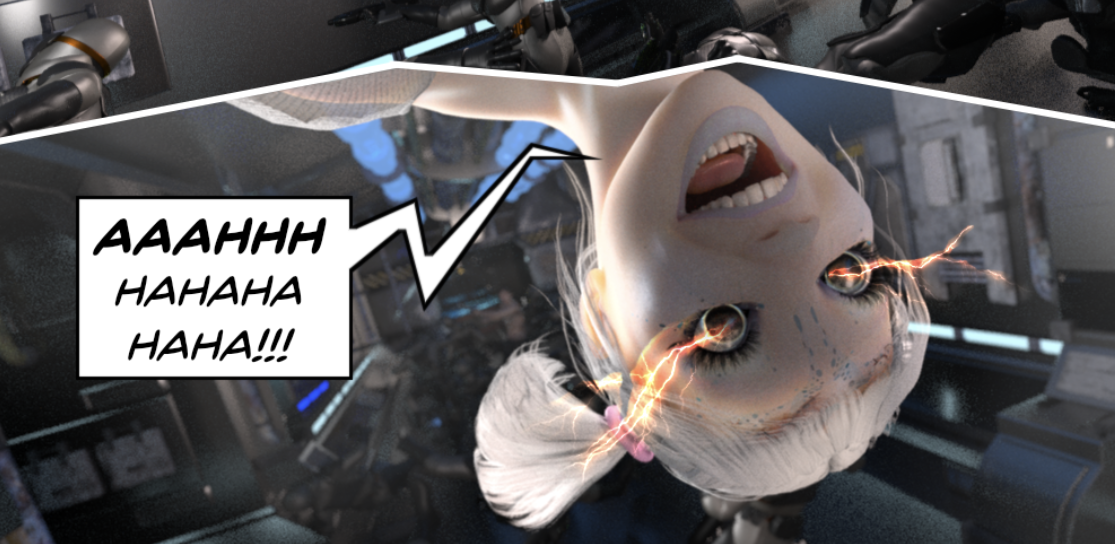

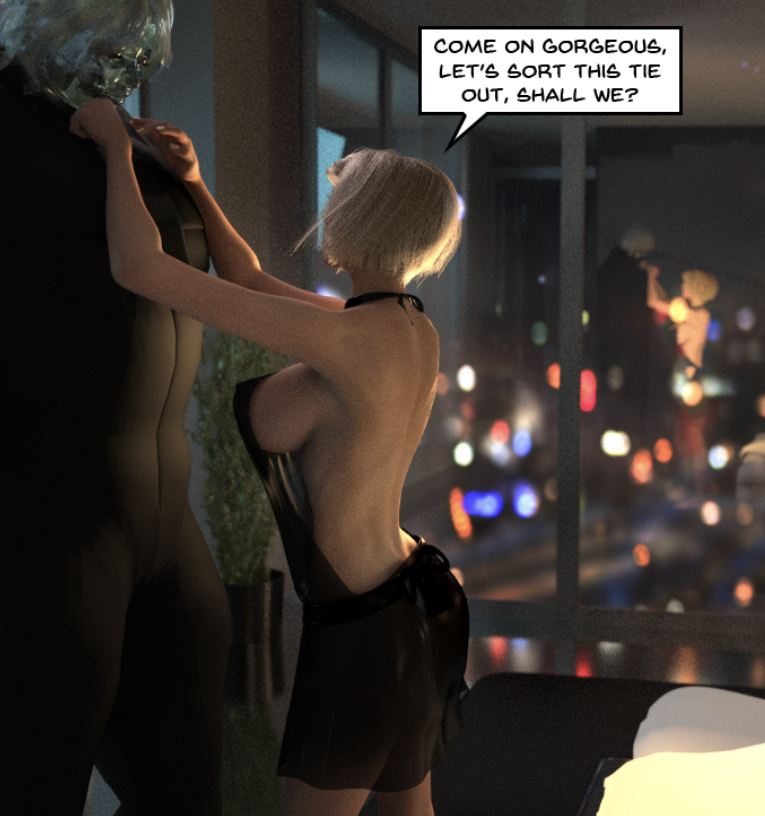
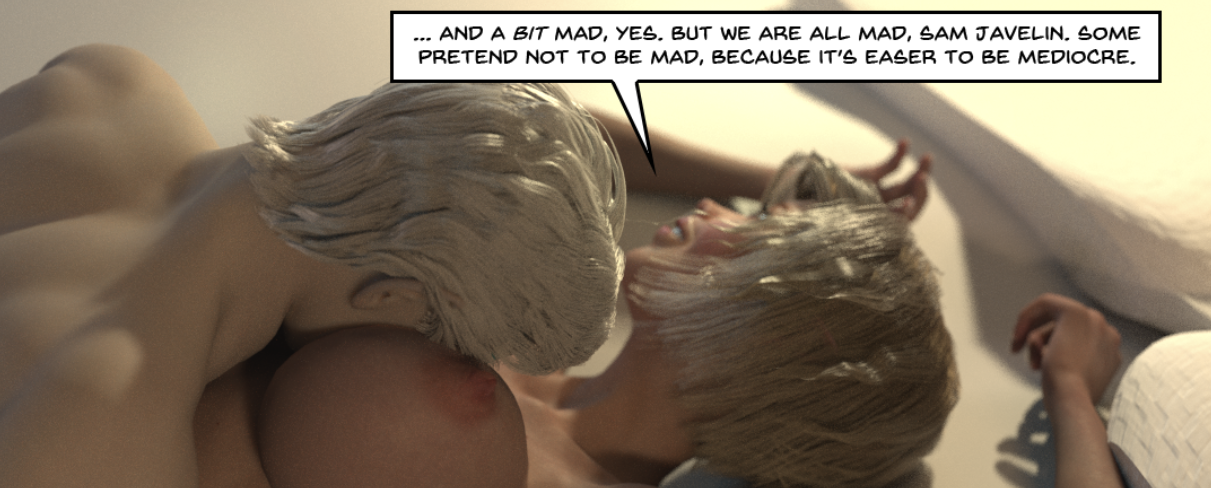
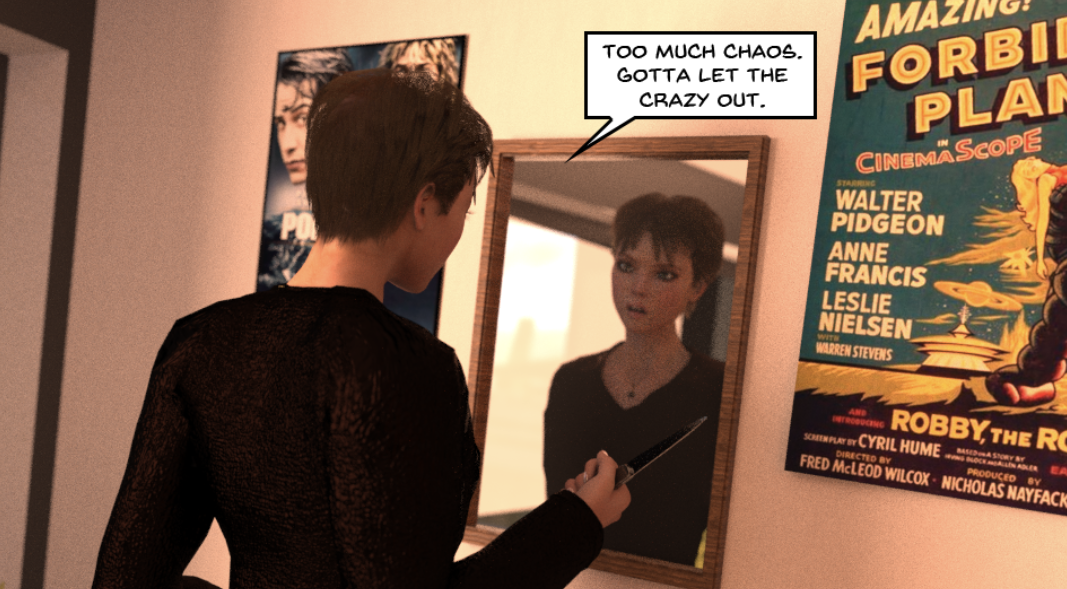
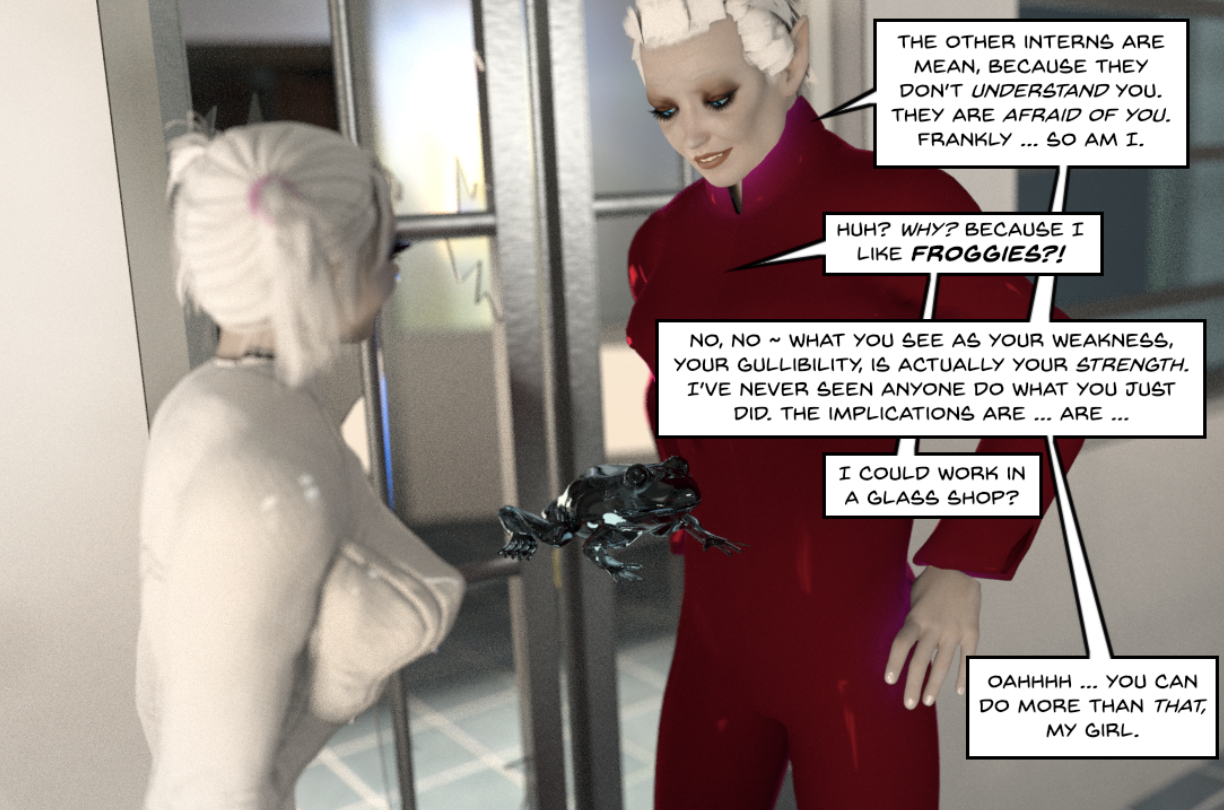
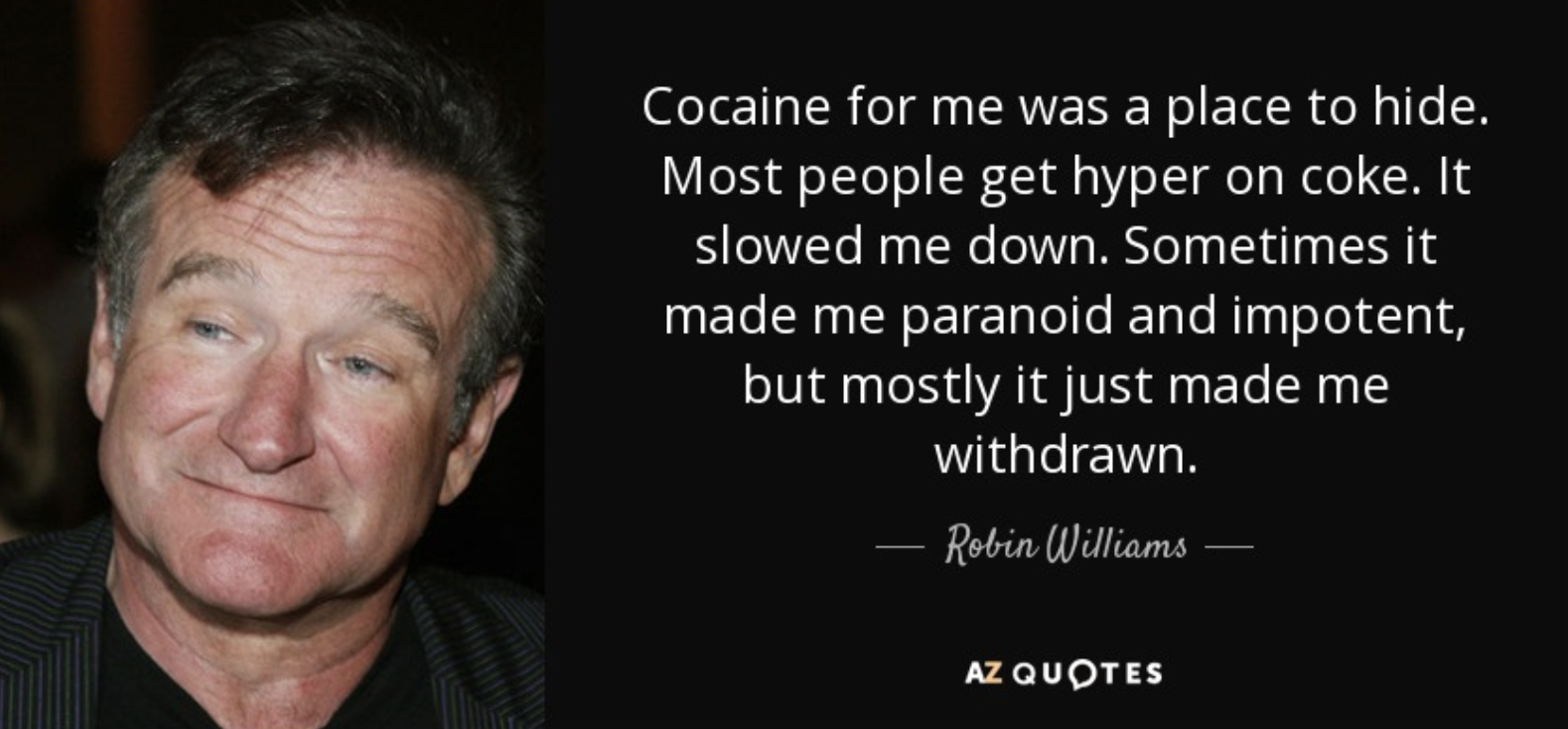
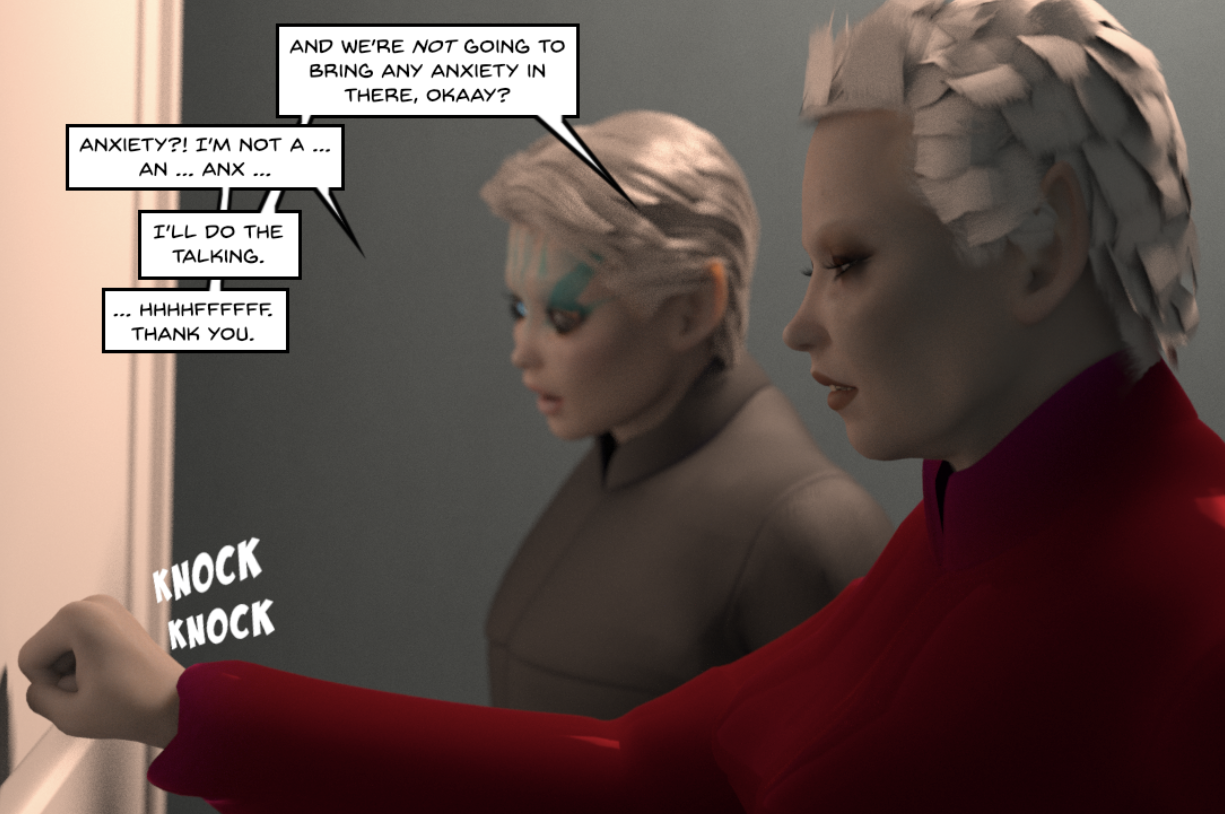

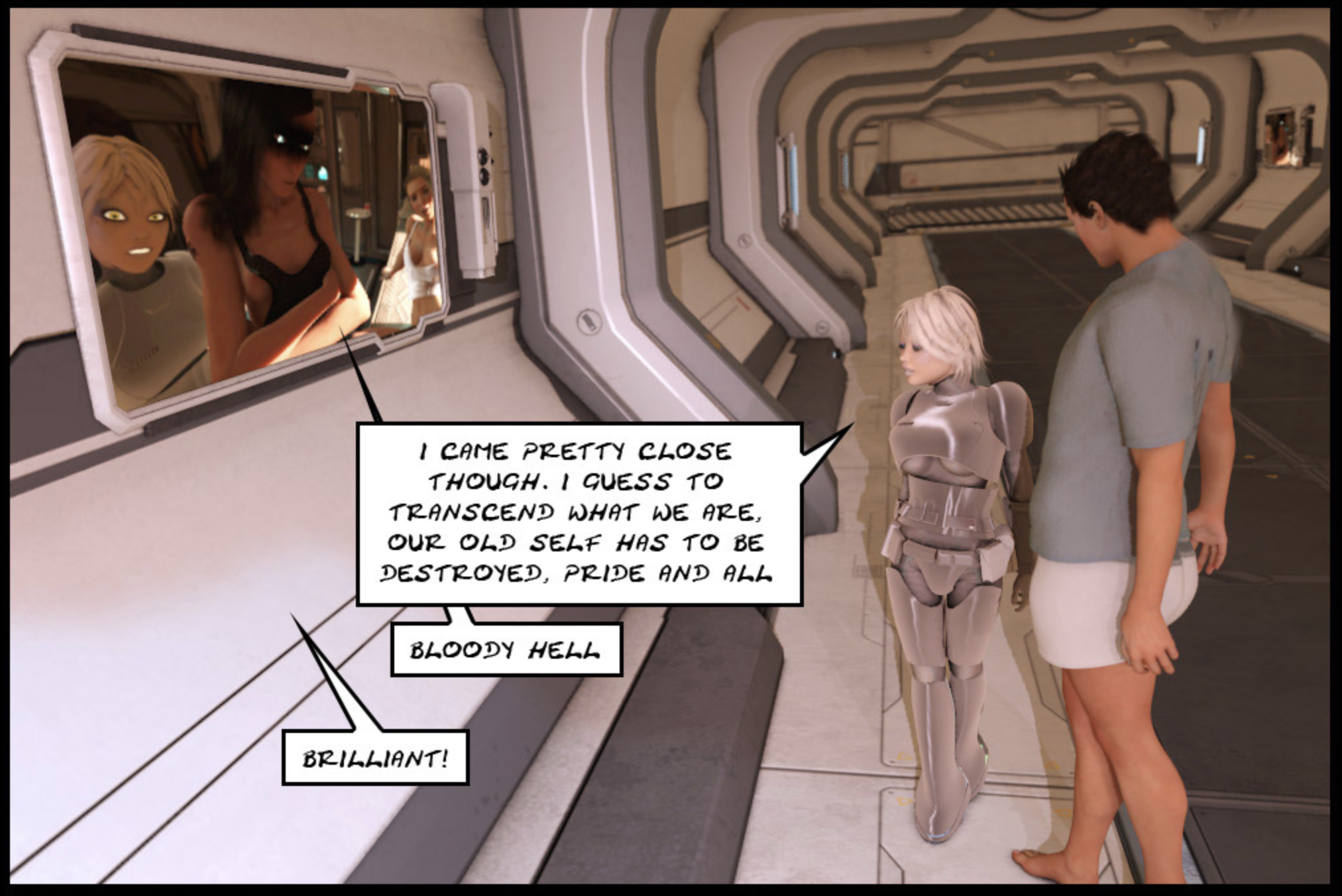

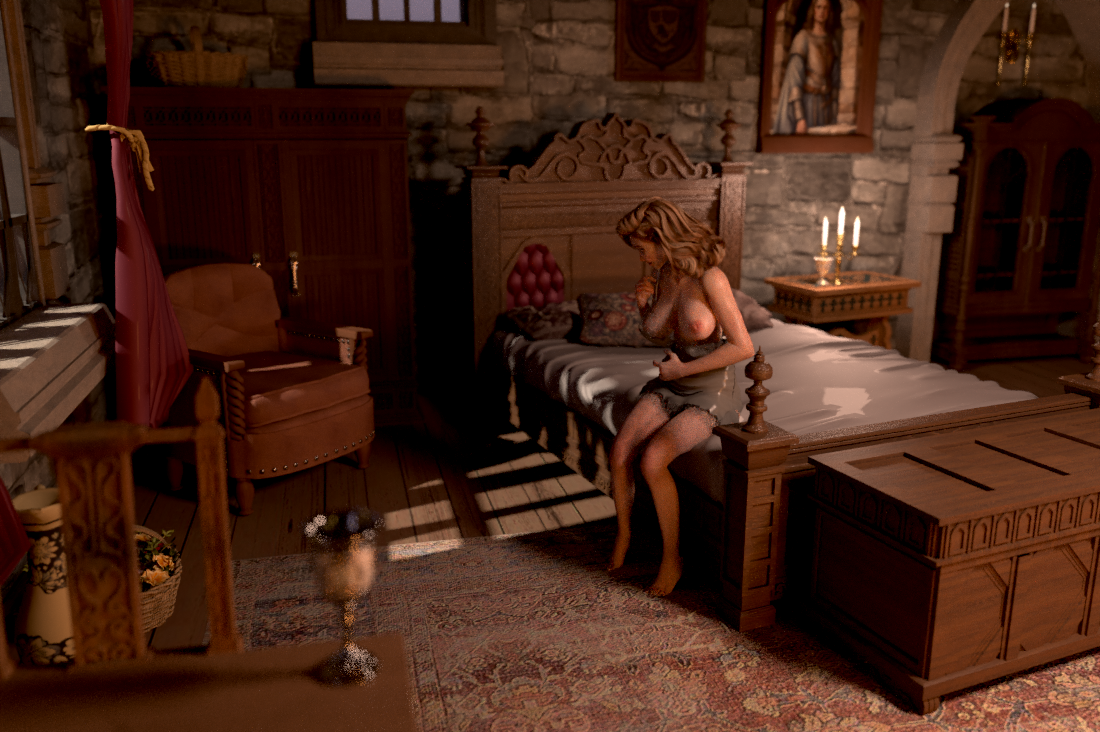
I’ve always said that “normal” is the statistical average of abnormalities. I have my things, you have yours, those 600 people over there have all of theirs and if you take all of us and average us you get “Normal”. We are all somewhere on some spectrum or another. But at the end of the day it works out ok. We do our things and get by.
I’m not saying that we should ignore issues. If your differences cause you to not be able to do your things and get by then please get help. Needing help doesn’t make you worse or even particularly different it just is.
We are all special, different, weird, wonderful, awful, sad… We are us and that’s pretty ok. Oh, and boobs. Yeah, especially boobs.
Too true, too true…
Averages are OK, but don’t forget that Standard Deviation. There are a lot of standard deviants out there…
My favourite quote on “normal”, “normal is a setting on the dryer”. As someone with 3 co-morbidities including ADHD with ASD presentation I really appreciate articles like this.
Obviously being able to identify particular characteristics and their effects is useful up to a point – for instance in understanding the kinds of statistics you mentioned. However, one imagines (as you seem to imply also) that more needs to be done to look at how much of that is a problem with the people who have the characteristics and how much of that is a problem with how our society is set up for a particular archetype of a ‘default’ person which is a construct of those with the most power traditionally. Unfortunately that is an uphill battle – even getting society to be set up to be more inclusive for a characteristic as simple as being a woman – more or less half the population – still seems to be a problem.
I suspect that we’ll probably eventually come to conclude, if we haven’t already (I’m no expert), that ‘neurotypical’ is just an average on a range of criteria and that most of us are a jumble of characteristics that diverge to varying degrees from this average, with varying degrees of consequences according to the degree of penalty for noncomformity. I expect that a less conformist society will end up being better for everybody, and that as we better understand neurodiversity, and understand that some our little cultural expectations aren’t really that helpful (eg.’look me in the eye when I’m talking to you!’), then that will have at least as big an impact on those statistics as any ‘mental health’ initiatives aimed at those particular populations. To be clear – not trying to imply that all issues with neurodiversity and mental health issues are about society and conformity, but probably a fair bit are.
As a fellow entering the last 1/3 of a life spent with ADHD and manic depression (the depression flattened out a LOT when I stopped doin’ drink and drugs), I’ve found that what helps a lot is finding a job that you enjoy but that allows you to turn this Deficit into a plus. Anything where your attention is pulled in 5 different directions at once, but also where you can have periods of intense concentration allows this multi-track brain to really shine.
I too have had these conversations over the past few years and basically have come to assume we’re all a bit spectrum-y and being able to identify that in people has made dealing with Them easier.
Still doesn’t excuse the assholes, however.
Of course, it becomes more complicated when you have social and cultural complexity. However, in basic Darwinian evolution you need variation to select from or you can’t have selection. Fitness is decided entirely by the survival of the individual or their relatives until successful breeding. The fact that we still have all this neurodiversity (8 billion diverse) shows that it has many benefits.
Some could be indirect benefits like with sickle cell disease, where someone with only one half of the genes that would give them sickled cells is resistant to malaria. This might be the explanation for crippling neurological problems that are true disabilities. As opposed to those that are just a problem because it makes it difficult to fit in with society as it is. When society is insane the only correct response…
Some could be direct benefits like my extreme short sightedness. For me, it helps mending fiddly little stuff and spotting pests on my houseplants, like a built-in magnifying glass.
When it comes to brain function, it is more nuanced and tricky. It is important not to slip into the Just So stories of the evopsych fringe. Society and culture are a gestalt, a sum of all the interactions between the diverse members of a group – that is impossible to simplify, only summarise.
We could theorise that “locking in” on a subject could have helped with vital survival traits like memorising the locations and identities of all your favourite foodplants over the entire range of your wanderings. The little dry sticks above ground are fuzzy? That is the tasty tuber, the smooth stalks had bitter tubers and made Thag throw up. Thag is always grateful for a big meal of tasty tubers and often in the mood for a cuddle afterwards.
Some people in the clan would get overexcited and run over to check something they saw two kilometres away? Occasionally they die because they just clean forgot to take care. More often, they find some tasty animals that would have been missed entirely or a new clan passing through the next valley with some cute men and women up for a cuddle.
Autism often comes with an oversensitivity to extreme stimuli due to less sensory neural dampening – vision dazzled, hearing bewildered, smell overwhelmed. This might elicit a much faster reaction to dangerous emergencies. People with autism can find that television and movie images are not flowing as others see them, because they can actually see briefer images. We have a higher apparent frame rate. That blur effect in action films in dynamic movement, makes me sick. I saw a “subliminal image” in a Derren Brown programme and described it to my friends. They were very surprised when it was revealed to be as I had described it.
How would being dazzled, bewildered and overwhelmed have been useful in ancient times? I don’t know. They might have seen a briefer movement in the distance? Perhaps it was just that people would remember very clearly the last time something important happened because of the intensity of the experience. Perhaps the intensity of the feeling of touch encouraged more cuddling and more interest in the arts of the cuddle. It can be difficult to connect but when I do, I enjoy it a lot. Like porn video levels of screaming and groaning. “Are you OK?” has been asked a few times afterwards.
Social anxiety? Most of the time it is a problem. But at least someone survives when it turns out the other new clan you met were looking for plunder, not cuddles.
Even psychopaths can have their upsides, they don’t have to be nasty and evil to their own clan. They must have been useful or why would we now have so many leading corporations and cults? Neurodiversity may be an excuse for making some mistakes but not for being deliberately horrible (a statement which is always topical now, it seems).
That all just came off the top of my head, I would be interested in discussion to help clarify things.
I enjoyed that, thanks Pat 🙂
Yeah the anthropology of it all is really interesting, thinking in terms of invention and pattern-seeking. It’s easy to see how the tribe that actually honours the ‘weirdo’ who sits on the hill and watches the cycles of the moon and understands how seasons affect crops – that tribe would be better prepared when famine hits or when insects strike food stores. We need the specialists who observe and understand, who see the patterns and can’t help but predict where it’s going – whether that’s thanks to their incredible short sight or their ability to hear what’s going on under the soil. And when the community keeps those specialists ‘in good fettle’, that community is going to benefit from inventions, productivity and resilience of all sorts.
I wish we were better at seeing specialisms for their potential and honouring people wherever they’re at. Early-stage Fascism always involves dishonouring the specialists, with “We’re sick of experts!!!” rhetoric …
I’ve been thinking about this, and have been wanting to reply, but I can’t corral the swarm of gnats that is my collection of thoughts into a linear narrative. Your blog and comics repeatedly place me in such befuddled states, where something hits me, I stop, think, become lost, find my way back, then can’t describe my mental journey.
Sigh. At least it’s interesting, fun, and not scary at all!
I will say I’m impressed with how good some online psych tests have become, though I do prefer to hear the results from a therapist or shrink rather than see them only as “data”. Apparently, I am an alphabet soup of initialisms and acronyms! No, not really. But I do like having frameworks on which to try placing things to see how they hang, mainly as an externalized form of self-perception.
I can do the “normal” thing well enough to “pass”, but it always gets to the point where the folks I see most also get to see all the cracks in my façade. Which I don’t bother to hide – they have chosen to be on this ride, and they can get off whenever they want! That said, I do super-appreciate the self-chosen few who stick, and choose to love me anyway. Which happens to be about as many as I can cope with!
Well …so be fair; back in Mozart’s day there wasn’t that much going on on Spotify….
I was watching a stand up show of Dimitri Martin and he brushed on the subject of ADHD and I decided to read up on the subject (checking YouTube and doing some tests) and it felt like coming home. I also recognized a lot from a friend of mine whom I sent the test to. Pure by coincidence she and I met a colleague of ours who was recently diagnosed with Asperger’s and who was quite the connaisseur on the subject. He just laughed and reassured us that everyone we knew was on the spectrum.
Now it has to be said that the job I’m in has us surrounded by a particular group of people; we travel a lot doing making sculptures….there is a reason why the thought of working 9-5 in an office doesn’t fit us. He listed some of our friends/colleagues with some tell tale behavior. That was quite an eyeopener.
But I’ve never thought of them, or myself as more different than anyone else. Life would be boring if everyone was the same. It’s nice to be giving it a name. If anything it made me realize that it’s not me that’s crazy, but everyone else!
I do know I have some lack of emotion issues and my biggest problem is the inability to accept help, but it’s something I can talk about with my understanding wife.
I think it’s good and important to learn and point out what makes you different than others so you can make it discussable. But naming it so you can use it as an excuse is lame. It is who you are, not a disease.
Ever since childhood I’ve wondered what I was doing on this planet? Why me? Why here? And who are these people supposed to be my parents, brother and sister? Was there a mishap at the maternity?
Initially, I did well at school… on topics that I had an inclination for… the other topics were always a struggle… and then I got bullied… by both teachers and “inmates”… and then I got bored with it all… that was in the late sixties.
I never got diagnosed but was looked at by school commissioned “psychologists” at age 12-ish and the report they issued was appalling to my parents. In short, I was an imbecile with no motivation for anything. These guys couldn’t detect child depression if it hit hem in the face. But my parents didn’t get it either, they were normal minus minus. And bullies as well. This was in the early seventies.
In time, a very long time, I understood what was going on with me. And where it all started.
I was an undesired child. An accident.
My parents were 19 and 20 when I was conceived and my arrival ruined everyone’s plans.
I wasn’t welcome from day one.
Where is an abortion clinic when you need one, huh?
Man”kind” had just passed the 3 billion mark when I was born.
We’re at 8,3 billions today and counting.
It will have tripled in my lifetime.
Normal?
Minus-minus!
The planet can’t sustain that number, ALL happy and in health, with the system currently in place.
If eugenicism is taboo, what about simple human reproduction regulation?
As a species we are totally unregulated, like… I’m looking for an example… cancer cells!
And we’ll grow, and we’ll strive until the inevitable death of our host.
There’s a message in all that but I can’t really point it out sorry!
Maybe it’s the fact that we ALL deserve to be here, healthy, happy and loved for who or what we are?
Plus the fact that we live in a society that no longer provides for that?
And that some form of regulation is necessary in any ecosystem for it to survive?
Except for boobies…
I’ve had severe depression for years, yet I find it strange how sometimes I can be the classic depressed person (feel sad), yet other times I’m just angry, or tired, or lazy, or apathetic, or haunted by suicidal thoughts. Sometimes I feel like an imposter because I have days (or weeks) where I can function normally, engage with people, and in a sense “feel happy”. Everyone is definitely different, and everyone’s own mental issue of choice can probably vary from day to day.
What with all the memes, internet information and general commentary in recent years, I’ve come to realise that what for me feels “normal” are in fact listed as autism and ADHD traits. Doesn’t bother me in the slightest, it’s just who I am, but it’s interesting that my brain covers a spectrum of different things.
Sindy, I love your stories. It’s great meeting all these different characters, some of whom I gel with, others I can’t relate to at all. Thankyou for your prolific publishing, for being Locked In, for caring about humans in general. And your amazing skill at drawing boobies. You are definitely a treasure.
Thanks so much Steven. Sorry to hear about the depression, and hopefully as we discover more about ourselves, it seems we can dig past those symptoms that drag us down, and get to the real roots of them, understand ourselves better, understand how just functioning in a ‘neurotypical’ world when our brains are so brilliantly delicate and explosively dangerous … can have overwhelming side-effects.
But what a joy to discover those side effects aren’t our fault, and don’t in any way control our identities. I now look back on my own comprehensive history of self harm [and very seasonal depression], believing it was a part of who I was – a broken and troubled individual – and see how free I am now, a present I could never have predicted all those years ago. Life does seem to be a gift we learn how to receive in small steps, and that’s okay 👍
Catching up on blog posts…
Thank you for all of your art and sharing it with us.
Dysgraphia – One of the absolute funniest moments of my life was taking 2 of my boys to the doctor for ADHD-ish evaluation. I had no idea that dysgraphia was a symptom. I suddenly remembered getting graded on “Handwriting” as a child and getting top scores on everything except that. The doctor telling us that made me feel OK about something that happened 30 years prior.
Ah yeah it’s amazing isn’t it, finding out more about yourself and somehow that undoing or forgiving something that happened decades before! Amazing really, very relatable 🙂